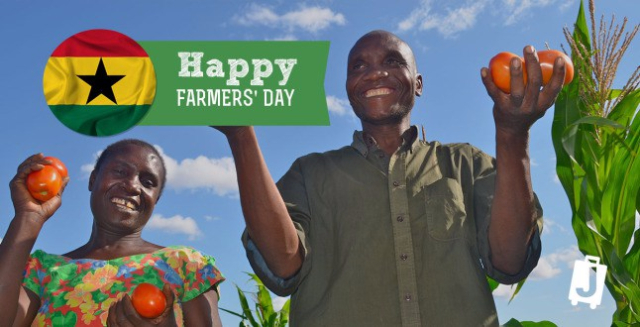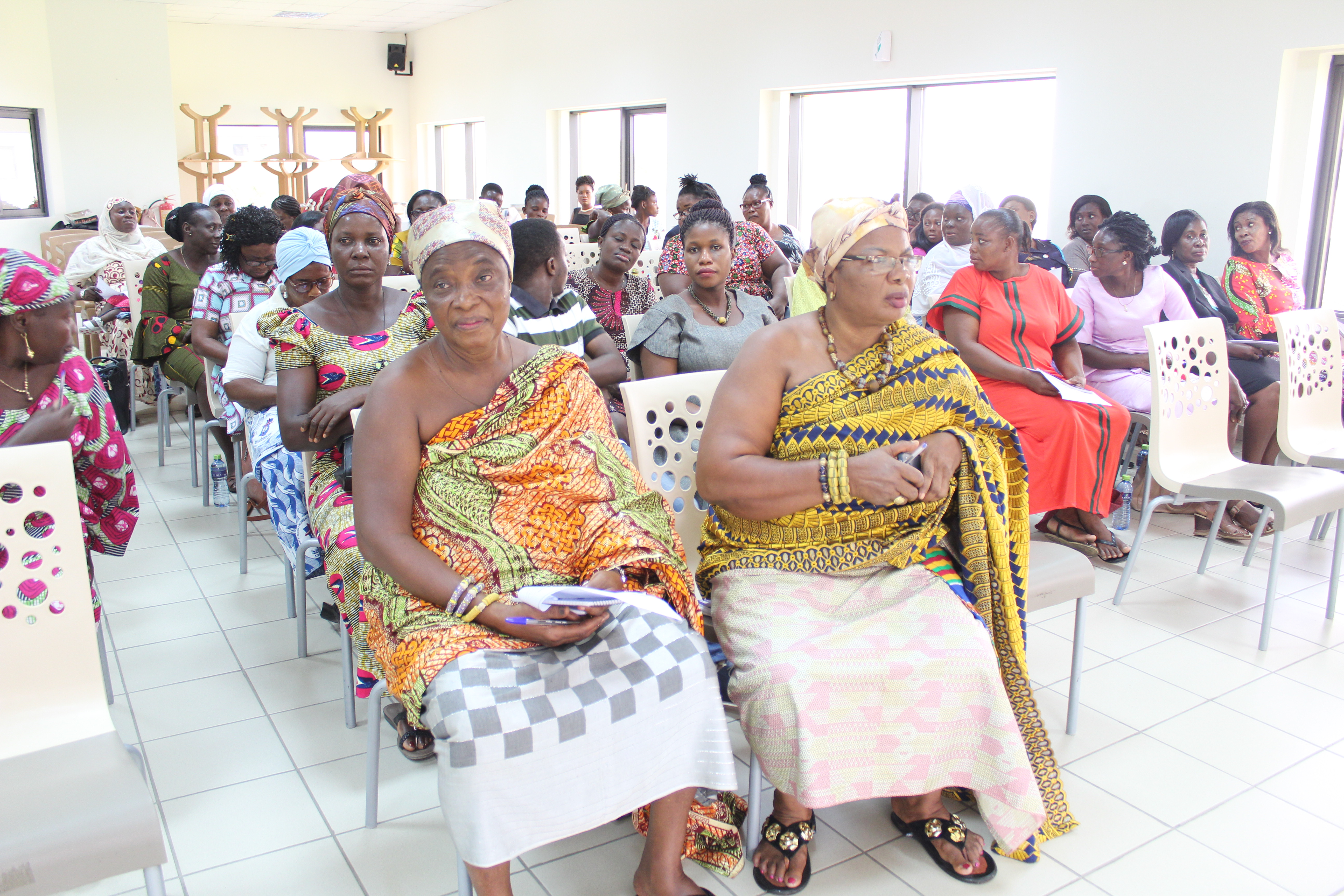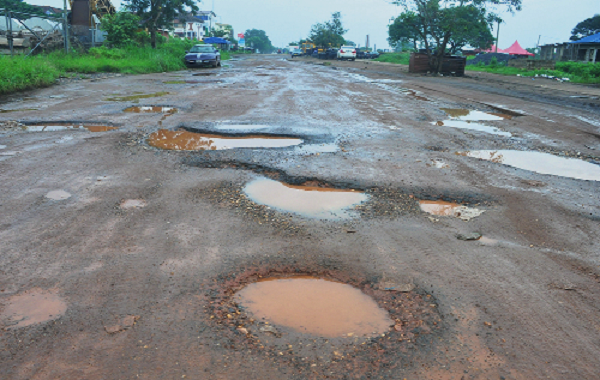Climate change is already impacting agricultural and trade patterns throughout East Africa

Kigali: Climate change manifested through frequent extreme weather events is already impacting agricultural and trade patterns throughout East Africa, disturbing livelihoods all along the agricultural value chain.
With adequate policy responses, trade could help prevent additional large-scale hunger arising from this situation, e.g. by moving food from surplus to deficit areas or providing alternative livelihood opportunities.
However, using trade as an instrument to bolster food security is by no means an easy or passive procedure, and the key players must take active roles in formulating and shaping policy and institutional synergies between the three policy areas at play: climate change, agriculture and trade.
For over three years, CUTS International and its partners have been at the forefront of this effort.
Through the project “Promoting Agriculture-Climate-Trade Linkages in the East African Community” (PACT EAC), they have brought together, informed, trained and moved to advocacy action hundreds of East African stakeholders who formed a critical mass for change.
They are grateful to the government of Sweden for providing financial support to this project through the Swedish International Development Cooperation Agency (Sida).
On April 16, CUTS International and EACSOF convened the final national meeting for Rwanda of food security, climate change and trade stakeholders under the PACT EAC project in Kigali.
On this occasion, stakeholders from the government, civil society, private sector, media, academia, and parliament among others took stock of the project’s recent successes in shaping policy and institutional synergies between the three policy areas.
And change did happen. It was highlighted during the meeting that officials responsible for climate change have been incorporated in Rwanda’s National Trade Policy Forum (NTPF).
EACSOF successfully campaigned for the inclusion of the Rwanda Environment Management Authority (REMA) as a member of the NTPF, linking trade issues with both agriculture and climate.
Additionally, through the Geneva EAC Forum, the knowledge and the participation of Rwandan ambassadors and delegates in WTO negotiations have increased, and the flow of information between the Rwanda Mission and national organizations has improved.
Rwanda’s Vision 2020 holds “productive and market oriented agriculture” as a main pillar of progress, and also identifies “protection of environment and sustainable natural resource management” as a crosscutting focus for the national agenda.
Both of these features, as well as meeting participants’ interventions demonstrate the need for the PACT project to continue in Rwanda, in order to best achieve the Vision by its projected date.
Within agriculture and agro-processing, organic cotton and a wide range of horticultural products have been identified as having potential for higher exports, yet disruptions in the availability of inputs, due to climate change, can further limit the development of these outputs.
By developing and implementing holistic policies that incorporate the needs and concerns of climate change, trade, and agro-processing, these sectors can work towards achieving their full potential while protecting food security.
Source: Rwanda News Agency




